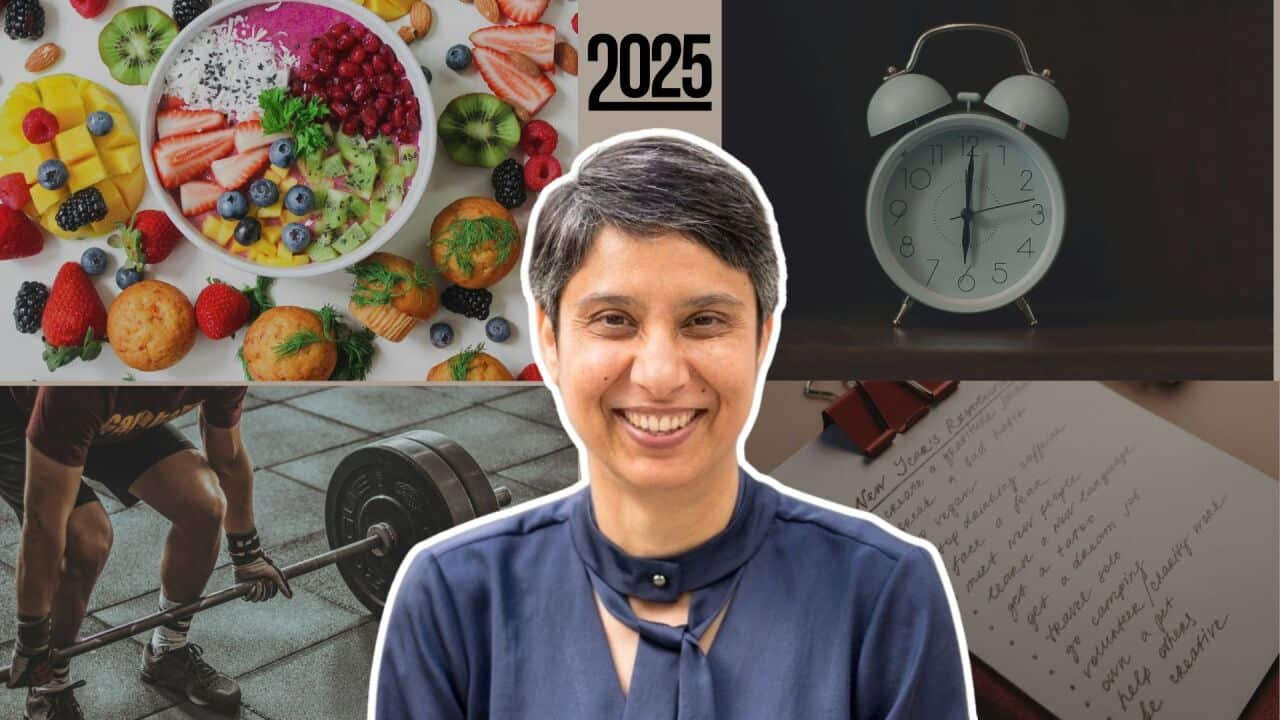Under the revised 2005 framework, the WHO instituted a new alert level known as a public health emergency of international concern. (PHEIC)
Associate Professor in Global Health Security at the University of Sydney, Adam Kamradt-Scott explains how the WHO decides on a PHEIC.
"Once an event starts to occur the director of WHO is then is able to convene what is described as an emergency committee and the members of the emergency are usually public health experts and disease virologists and others. And they look at the information and then make a recommendation to the director general as to whether or not this meets the criteria for a public health emergency. And usually what we see or expect to see in that instance is an event that is already starting to spread or has the potential to spread across international borders and which may require a co-ordinated international response."
Even if a PHEIC is declared, WHO is unable to deploy people without government permission, but a government can then request assistance at which point the WHO will mobilise people to help.
Professor MacIntyre says the WHO also seriously considers the implications on trade and tourism, which remains an important concern for member states.
"The SARS epidemic had a huge impact on particularly travel and tourism industries. It's had an impact on Australia now. The tourism industry has been hard hit first by the bushfires and now by this epidemic. We have seen the financial markets show drops because of this epidemic. So I think yes there has already been impacts."




